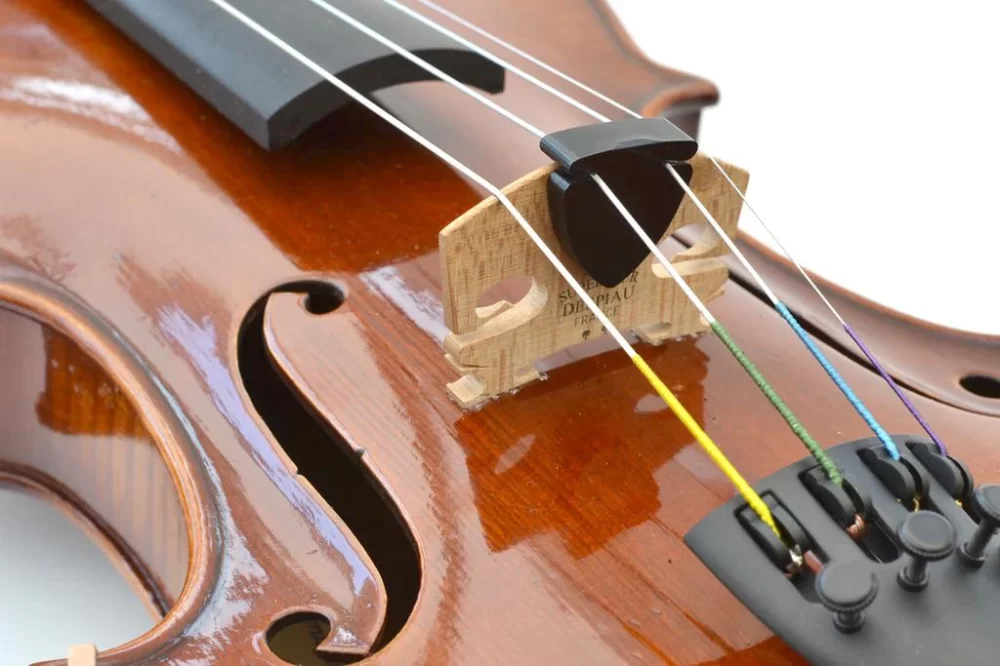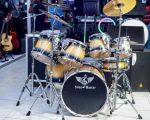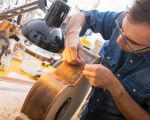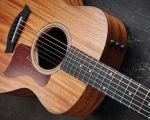
Essential Musical Accessories for String Instruments
As a musician, you know that a good instrument is just the beginning of a great performance. Whether you're a professional violinist, an aspiring cellist, or a passionate guitarist, the accessories you choose for your string instrument can make a huge difference. Over the years, I've learned that having the right tools not only enhances the sound of your instrument but also ensures that it stays in top shape. In this article, I’ll share my journey and insights into the best musical accessories for string instruments—tools that every string musician should consider adding to their kit. Let’s dive in!
1. Rosin – The Magic Behind the Bow
When I first picked up the violin, I was told that rosin is a must-have accessory, but I didn’t fully understand why. Rosin is the secret sauce that helps the bow grip the strings, producing sound. Without it, you’re left with a frustratingly silent instrument. Choosing the right rosin can be tricky because there are different types based on the climate you’re in and the kind of music you play. For example, if you're playing in a dry climate, you might prefer a softer rosin that sticks better to the bow hairs. In contrast, a harder rosin is better for humid environments, providing a smoother, crisper sound.
One of my personal favorites is Pirastro’s Goldflex Rosin. It gives a great balance between grip and smoothness, making it ideal for both beginners and professionals. No matter what instrument you play—violin, viola, or cello—rosin is a non-negotiable accessory.
2. Tuners – Keeping Your Instrument in Perfect Pitch
String instruments are notorious for going out of tune, especially after a long rehearsal or concert. As a beginner, I struggled with tuning my violin. I didn’t have the ear to tune it by listening, so I resorted to clip-on tuners. Clip-on tuners are incredibly easy to use and clip onto your instrument’s headstock or scroll. Over time, I invested in more advanced tuners like the Snark SN8 Super Tight, which I find super reliable and precise. It works well across various string instruments, from violins to cellos.
However, if you play a guitar or a similar instrument, a pedal tuner could be a better option, especially during performances. Pedal tuners like the Boss TU-3 can provide real-time feedback on tuning and even help you correct pitch during a live show. Regardless of the model, having a tuner at hand ensures that you’re always performing at your best.
3. Shoulder Rest – Comfort and Better Posture
If you play violin or viola, you’re probably already familiar with the discomfort that can come with long practice sessions. Over the years, I found that a shoulder rest was a game-changer for improving comfort and posture. A good shoulder rest helps prevent neck and shoulder strain, especially when practicing for hours on end.
One brand that I always recommend is Kun. Their shoulder rests are adjustable and comfortable, offering excellent support. If you’re a cellist, there are similar products, like the RockStop Cello Endpin Anchor, which provide stability when you’re standing or practicing on hard surfaces. These accessories not only improve your playing posture but also allow you to focus more on your music than on physical discomfort.
4. Case and Bow Holders – Protection and Convenience
Your string instrument is a valuable investment, so protecting it is essential. A sturdy, well-padded case is the first line of defense against damage. When I was younger, I neglected the importance of a good case, and I regretted it when my violin got scratched. Now, I never leave home without a high-quality case. For my violin, I use a BAM Hightech case, which offers both protection and lightweight convenience.
Additionally, a bow holder is a must-have accessory for both safety and practicality. It helps prevent your bow from getting damaged while resting between playing sessions. The last thing you want is to set your bow down on a hard surface, where it can warp or snap. A simple bow holder ensures that your instrument’s accessories are well taken care of, keeping them in optimal condition.
5. Cleaning Kits – Maintenance for Longevity
Maintaining your string instrument doesn’t stop at tuning and rosin application. Over time, dirt and rosin buildup can cause the strings and bow to deteriorate. To keep everything in top condition, I use a cleaning kit designed specifically for string instruments. These kits typically include microfiber cloths, string cleaner, and bow polish. By cleaning your strings regularly, you’ll not only improve your sound but also prolong the life of your instrument.
A good example is the D’Addario Planet Waves Maintenance Kit, which includes everything you need to care for both your instrument and bow. Regular cleaning helps maintain the tonal quality of your strings and ensures your bow doesn’t wear out prematurely.
6. Mutes – Playing Softly When You Need It
There are times when you need to practice or perform without disturbing others. That’s where a mute comes in handy. Whether you’re practicing late at night or need to lower your sound during a rehearsal, mutes are invaluable accessories. I always keep a mute in my case, especially when I need to practice in a quiet environment.
The popular Tourte mute is a go-to for violinists and violists, providing a soft, subtle sound while still allowing you to hear your instrument’s pitch. It’s discreet, lightweight, and easy to attach and remove from the bridge. If you play cello, you’ll find that there are similar mutes tailored for the larger instrument. Having one around can be a lifesaver when you need to respect your surroundings but still get in a practice session.
7. String Winders and Cutters – Ease of String Replacement
At some point, every string player has to replace their strings. The process of winding new strings and cutting the excess can be tedious, but with the right tools, it becomes much easier. I always keep a string winder and cutter in my kit to make string changes faster and less frustrating.
The string winder helps you quickly wind the strings around the tuning pegs, saving time and energy. A string cutter, on the other hand, ensures that you can safely snip the excess string without damaging your instrument. These small tools can make a big difference when you need to replace strings during a performance or a practice session.
8. Endpins – Stability for Cello Players
For cellists, the endpin is an often-overlooked accessory that plays a crucial role in your performance. A good-quality endpin helps stabilize the instrument while you’re playing. I learned this the hard way when I used a cheap endpin that caused my cello to slide around while I was performing. Upgrading to a high-quality, adjustable endpin made a massive difference in my playing.
Brands like K&M and Rockstop provide endpins with adjustable lengths and non-slip materials that offer better stability. Whether you're performing in a concert hall or practicing at home, a solid endpin ensures that your instrument stays securely in place, allowing you to focus on your music rather than your positioning.
All of these accessories, from rosin to shoulder rests, have enhanced my playing over the years. The right tools not only help you get the most out of your instrument but also make playing more enjoyable and comfortable. If you’re looking for the best musical accessories, I highly recommend checking out [Beat Trigger] for top-quality gear that suits your needs.








